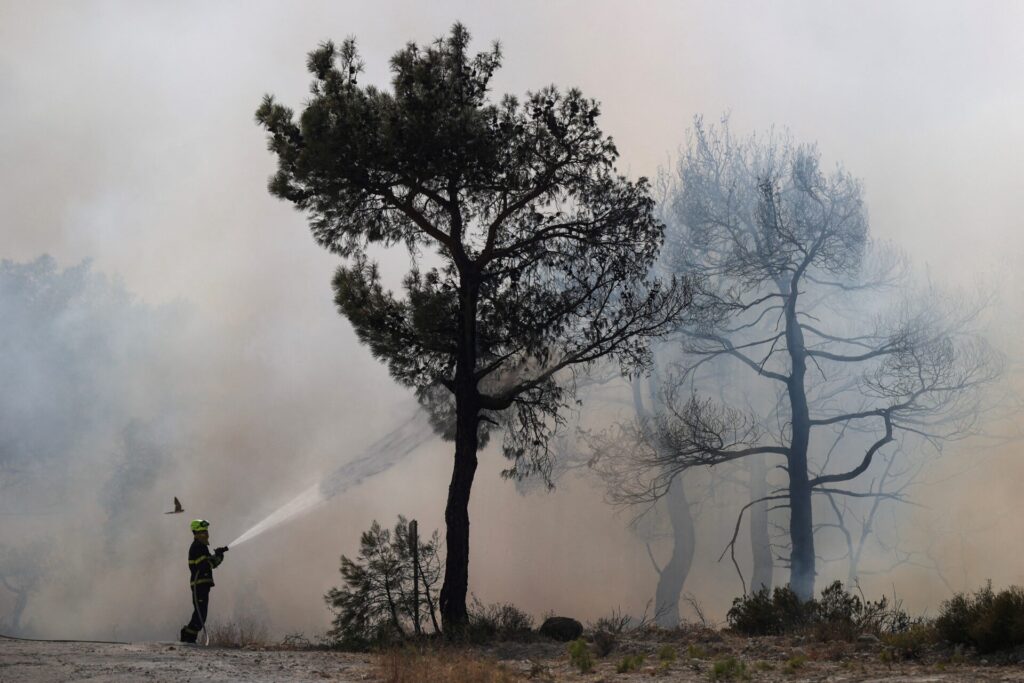
The summer of 2023 was a stark reminder of the escalating climate crisis. New research has revealed that the Northern Hemisphere experienced its hottest summer in over 2,000 years. This unprecedented heatwave, fueled by a combination of global warming and the El Niño phenomenon, has set a new benchmark for extreme weather events.
The Unprecedented Heatwave

The study, conducted by a team of climate scientists, analyzed various climate proxies to reconstruct past temperatures. These proxies, including tree rings, ice cores, and sedimentary records, provided valuable insights into the Earth’s climate history. The findings were alarming: the summer of 2023 surpassed the previous record for the hottest Northern Hemisphere summer, dating back to the time of Jesus Christ.
The Role of Global Warming

The researchers attributed this unprecedented heatwave primarily to human-induced global warming. The accumulation of greenhouse gases in the atmosphere has trapped heat, leading to rising temperatures worldwide. This warming has intensified natural climate patterns, such as El Niño, which can contribute to extreme weather events.
The Paris Agreement at Risk

The study’s findings also raise concerns about the Paris Agreement, an international treaty aimed at limiting global warming to well below 2 degrees Celsius (3.6 degrees Fahrenheit) compared to pre-industrial levels. If the current trend continues, the 1.5°C target agreed upon in Paris may be unattainable.
Urgent Action Needed

The unprecedented heatwave of 2023 serves as a stark warning of the consequences of inaction on climate change. It is imperative to reduce greenhouse gas emissions significantly and transition to a sustainable economy. Governments, businesses, and individuals must work together to address this global crisis and protect the planet for future generations.
The summer of 2023 will be remembered as a turning point in the history of climate change. The unprecedented heatwave has shattered long-standing temperature records and underscored the urgent need for action. By understanding the causes and consequences of this extreme event, we can take the necessary steps to mitigate the impacts of climate change and build a more resilient future.

Leave a Reply